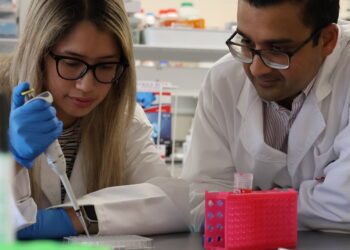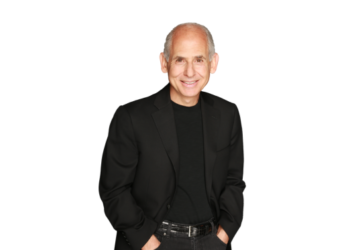There’s a plethora of health information out there hitting us from every angle and there is an equal amount of health practitioners and coaches wanting to help.
Who do you pick, what do you follow and whom do you listen too? Overwhelming, right?
As a practicing naturopath of 21 years I have supported many patients discover and address their underlying cause of ill health. Fundamentally, that is the role of the naturopath.
The naturopath asks the question – why are you feeling the way you are feeling and will review how you take care of yourself everyday in an attempt to discover the underlying cause, causes or contributing factors.
The naturopath addresses the whole person. During a consult and when preparing a treatment plan, all aspects of a person’s being is taken into consideration. What you eat and drink, how you live, move and sleep, how you think and feel, how you manage stress and the environment you live in is also considered. Naturopathy is a system of medicine that believes all symptoms or disease signify health and lifestyle imbalance.
Education is key. The naturopath will involve you in your own healing process, empowering you to take responsibility for your own health, teach self-care and encourage preventative practice through living well. They will help you be discerning about food, health and lifestyle information, marketing and advice and debunk health myths.
The naturopath will offer therapies that are nature based, sustainable, environmentally friendly, unprocessed and to the best of their ability local and seasonal. These therapies and remedies are used to support your innate healing ability.
What happens during a consultation? Keep in mind that the main goal is to discover the underlying cause, causes or contributing factors.
Generally the naturopath will review your presenting symptoms – feelings, signs, frequency, what makes it better or worse and the onset of symptoms. They then proceed to get to know how the rest of your body systems and organs function. They will also ask about your medical history, what supplements and medications you are taking and why. Some naturopaths may make an assessment on the spot or they will refer you on for further investigation usually to a GP they work with or they may refer you back to your own GP.
You may see your naturopath fortnightly or monthly depending on your presenting symptoms, investigations and plan.
Preparing for your naturopathic consultation goes along way. You’ll get more out of your health care if you’re well informed about your treatments, therapies, medicines, supplements or tests that your naturopath recommends– and that means asking questions.
Asking questions and being informed means that, together with your naturopath you are in a better position to make the best health care decisions for you. Quality health care is a team effort and you are the most important part of this equation. No one knows your health like you do.
Most of the time a naturopath will ask you to fill in a questionnaire before your arrival. If they haven’t, write down the names of any medicines or supplements you take or better still bring them with you. Write down your health concerns, how long you have had them for and what you have already done for them and who you are currently seeing to support your health. Bring along a diet diary which includes what you drink each day. The more information you have the better.
Sounds like you need a Naturopath? Go to a site like Natural Therapy Pages to find one near you or go to the Australian Traditional Medicine Society
How to find the right naturopath for you? Call them and have a chat. You will quickly know whether the chemistry is right between you. Check out their website or ask a friend for a recommendation. A referral means someone has tried them out successfully.
Follow Anthia: Website | Facebook | Twitter





















